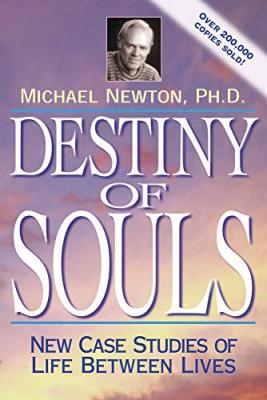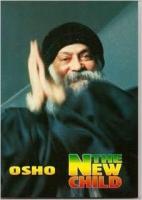

€35,23
280p.
Rudolf Steiner -- educator, architect, artist, philosopher and agriculturalist -- ranks amongst the most creative and prolific figures of the early twentieth century.
Yet he remains a mystery to most people. This is the first truly popular biography of the man behind the ideas, written by a sympathetic but critical outsider. Steiner is widely known for what he left behind: a network of Waldorf schools, biodynamic farming, Camphill schools and villages and pioneering work in holistic health and environmental research.
Although his achievements are felt all over the world, few people understand
Rudolf Steiner -- educator, architect, artist, philosopher and agriculturalist -- ranks amongst the most creative and prolific figures of the early twentieth century.
Yet he remains a mystery to most people. This is the first truly popular biography of the man behind the ideas, written by a sympathetic but critical outsider. Steiner is widely known for what he left behind: a network of Waldorf schools, biodynamic farming, Camphill schools and villages and pioneering work in holistic health and environmental research.
Although his achievements are felt all over the world, few people understand this unusual figure.
Steiner's own writings fill several bookcases, but are often dense and 'insider' in tone. Gary Lachman tells Steiner's story lucidly and with great insight.
He presents Steiner's key ideas in a readable, accessible way, tracing his beginning as a young intellectual in the ferment of fin de siecle culture to the founding of his own metaphysical teaching, called anthroposophy. This book is a full-bodied portrait of one of the most original philosophical and spiritual luminaries of the last two centuries.
Kęstučio g. 83 (Priešais muzikinį teatrą)
Darbo laikas ir žemėlapis čia.
Laukiame Jūsų!







 2024-01-26 - 2024-12-31
2024-01-26 - 2024-12-31














